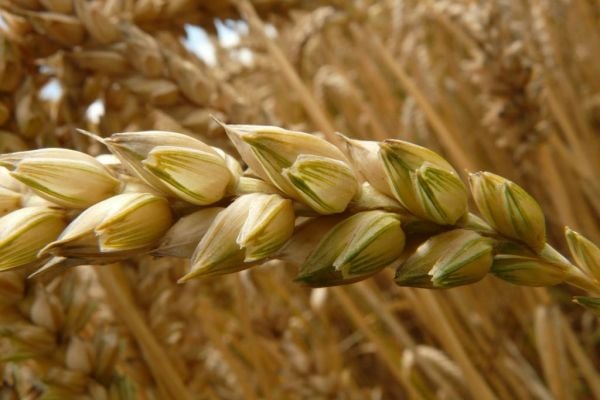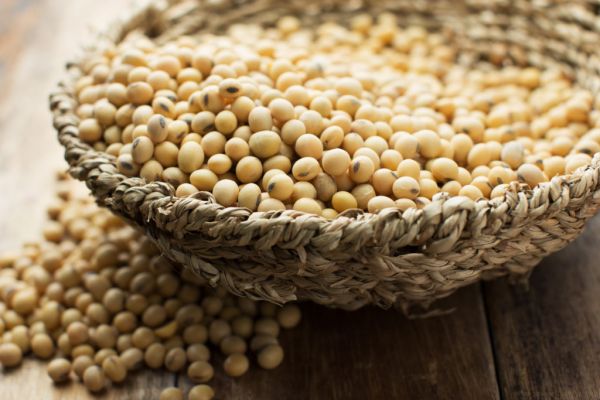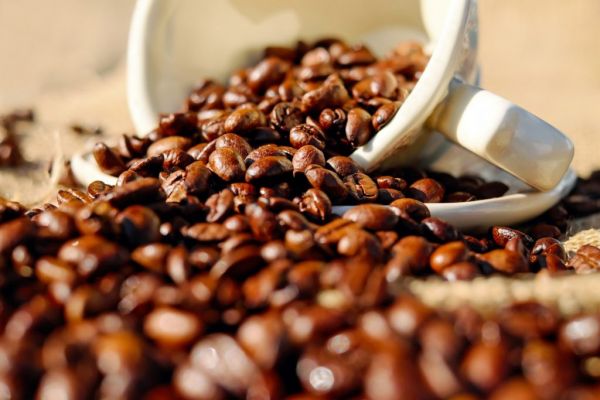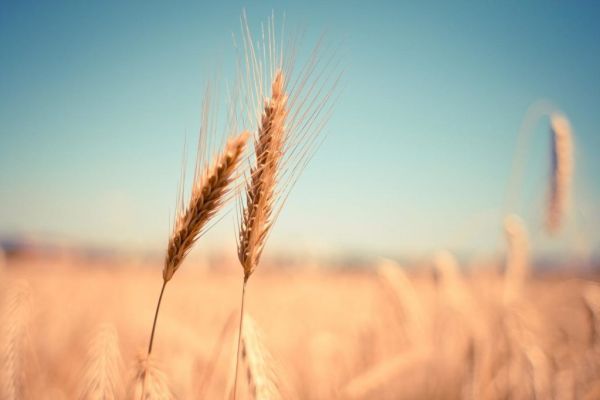The French are on top and the Germans lagging behind as the European Union’s wheat crop draws to a close in a season of contrasts for the world’s biggest growing region.
French farmers are celebrating a strong harvest, with good quality, thanks to hot June weather. Their counterparts from Spain to Germany and Romania suffered everything from frosts to heatwaves, and drought to downpours.
Total output for the 28-nation trading bloc will rise 3.8% to 141 million metric tonnes in the season that started in July, compared with an 11% slump the previous year, according to consultancy Strategie Grains. That’s still below the 151.9 million tonnes collected two years earlier.
“Contrast is a good word," Strategie Grains President Andree Defois said in an interview. "The total effect is a higher crop, with good quality and better volume in France but some reduction in volume in central EU and quality problems in northern EU.”
Following are highlights from the bloc’s top five wheat growers. Harvests in the northern parts of Europe including the Baltic states and Denmark are still underway.
French Comeback
France began harvesting earlier than usual after a warm June sped up wheat development. The EU’s biggest grains producer expects a 34% jump in output this season after a dismal harvest last year, according to its Agriculture Ministry. Quality is very good, with the latest survey by crop office FranceAgriMer showing two-thirds of at least 12% protein content.
The recovery will help France regain the export-market share it lost with key buyers such as Algeria, Morocco and Tunisia. Soft-wheat shipments are forecast to jump by 58% to 17.8 million tonnes this season, according to French farm adviser Agritel.
German Disappointment
It’s a different story for the EU’s second-largest grower. A dry spring and a heatwave in June affected grain development, while downpours in the past few weeks delayed harvesting. Crop gathering was difficult and farmers had to gather grain with higher humidity levels to avoid further quality losses, according to Agravis Raiffeisen AG, one of the nation’s largest collectors. Specific weights are lower.
As a result, Germany will have a greater amount of lesser-quality grain more suitable for animal feed. Wheat output will drop to 24 million tonnes this season, the lowest since 2012, according to Agritel. The problems may allow wheat from France to take the place of German grain in some export markets, Philippe Pinta, president of French wheat growers’ association AGPB, said in an interview in Paris.
UK Stable
While the UK also saw rain and needed to dry harvested grain, overall yields are slightly above the five-year average and quality is good so far. The International Grains Council forecast production will fall 3.5% to 13.9 million tonnes.
A smaller planted wheat area and near-average yields suggest supplies are unlikely to rise this season unless imports increase, according to the Agriculture & Horticulture Development Board. The UK is expected to be a net importer for a second straight season.
Polish Downpours
Like their German neighbours, Polish farmers battled storms and downpours that pushed back harvests, lowered grain quality and led to fungus and sprouting problems. Wheat kernels in northern provinces have been moist, with lower specific weights and Hagberg falling numbers, according to consultancy Sparks Polska. Grain that hasn’t yet been harvested won’t be suitable for consumption.
While good crops in the south mean output is set to rise this season, exports are poised to fall this year as prices are too high to compete with the likes of Russia and the Baltic states.
Romania Shrinks
Supplies will drop for the first time in five years due to a smaller planted acreage after last year’s bumper crops. Production will fall to 7.8 million tonnes in the season, Strategie Grains estimates. Still, winter-wheat yields are seen at a record, UkrAgroConsult said in a report August 28. There are no specific quality problems, Defois said.
News by Bloomberg, edited by ESM. Click subscribe to sign up to ESM: The European Supermarket Magazine.














